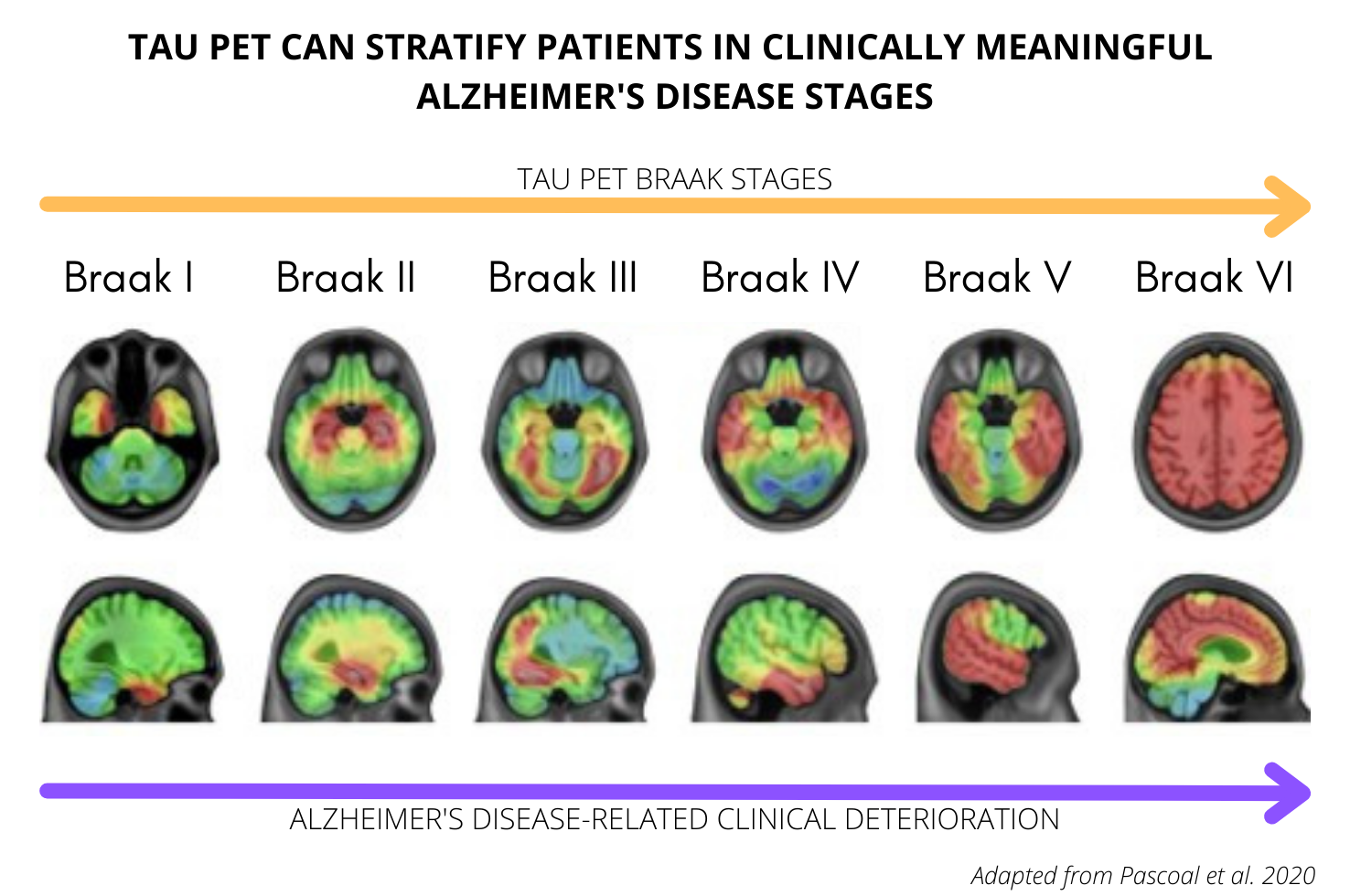Pitt Psychiatry Faculty Members Invited to Contribute to World Alzheimer Report

In fall 2021, Alzheimer’s Disease International published World Alzheimer Report 2021: Journey though the diagnosis of dementia, a compendium of research on the disease, currently the seventh leading cause of mortality worldwide. The report addresses numerous challenges and complexities—including the prevalence of myths and misinformation—that inhibit effective diagnosis and treatment Alzheimer’s disease.
Pitt Psychiatry is home to some of the foremost experts in Alzheimer’s disease research. Tharick Pascoal, MD, PhD (Assistant Professor of Psychiatry and Neurology); Annie Cohen, PhD (Associate Professor of Psychiatry); and Victor Villemagne, MD (Professor of Psychiatry), were invited to contribute an expert essay entitled, “Tau PET for the diagnosis and staging of Alzheimer’s disease.”
The neuropathological signatures of Alzheimer’s disease are brain deposits of amyloid- β plaques and hyperphosphorylated tau protein in the form of neurofibrillary tangles. Referring to the seminal development by William Klunk, MD, PhD (Distinguished Professor of Psychiatry and Neurology and Levidow-Pittsburgh Foundation Chair in Alzheimer's Disease and Dementia Disorders) and colleagues of amyloid-β PET tracer Pittsburgh Compound-B (PIB), which detects amyloid- β deposits, the authors describe current research that focuses on the effectiveness of PET (positron emission tomography) imaging for identifying the distribution and amount of tau tangles (known as Braak stages).
Identifying Braak stages can help clarify the progression of the disease in an individual. In addition, studies have shown that the Braak stages of tau accumulation are closely related to other aspects of Alzheimer’s disease pathophysiology, such as amyloid- β deposition, neuronal injury, and cognitive impairment. Therefore, Braak staging has been incorporated in the neuropathological diagnosis criteria of Alzheimer’s disease
Tau PET imaging has tremendous potential to help clinicians track the progression of Alzheimer’s disease in an individual, as well as to test the effects of medications intended to slow the disease’s progression.
"While the amyloid PET technology developed here in Pittsburgh has allowed critical insights into the earliest phases of Alzheimer's pathology, tau PET takes this work one step further to provide a more proximate marker of cognitive decline,” said Dr. Klunk. “Dr. Villemagne, Dr. Cohen, and Dr. Pascoal have all made substantial contributions to the application of both amyloid and tau PET to Alzheimer's disease, normal aging, and Down syndrome. They summarize this work in their contribution to the World Alzheimer Report, an important vehicle to globally disseminate new findings in Alzheimer’s disease research. Inclusion of our Pitt researchers in this report is a credit to the substantial discoveries they have made in the biomarker field."
